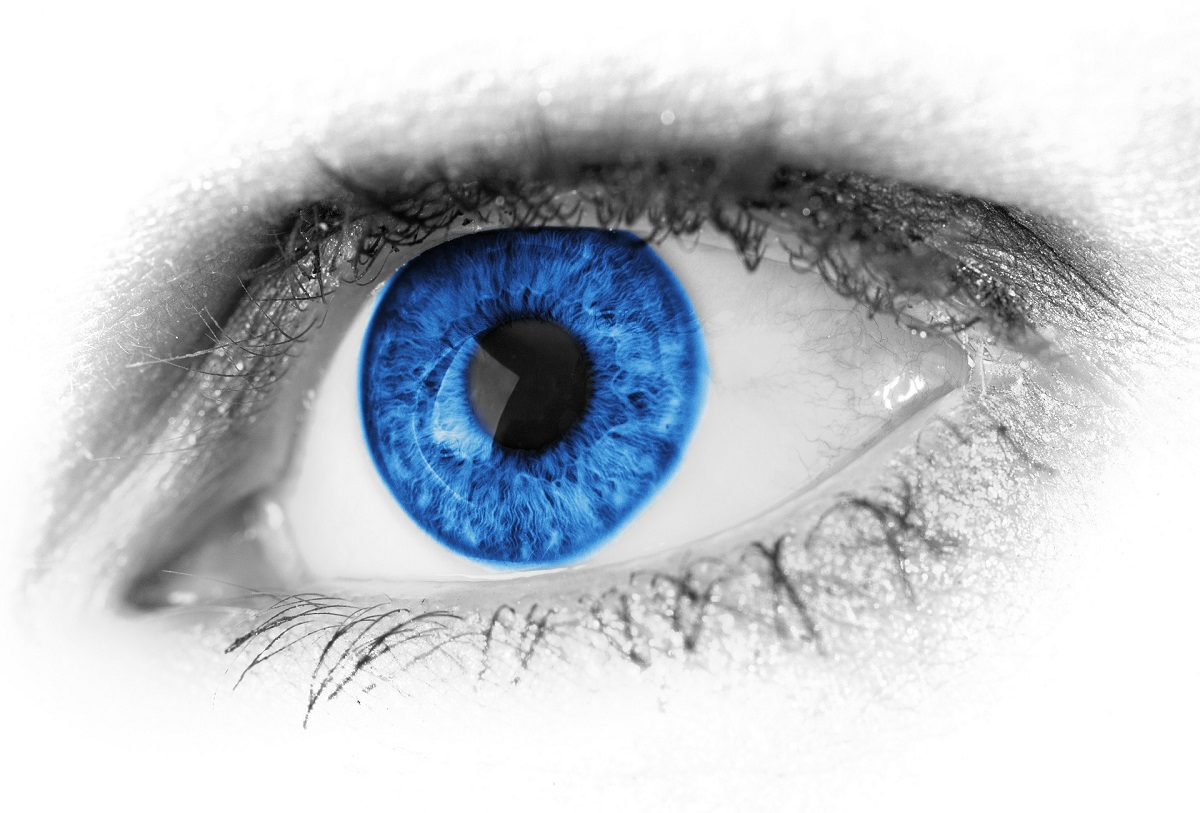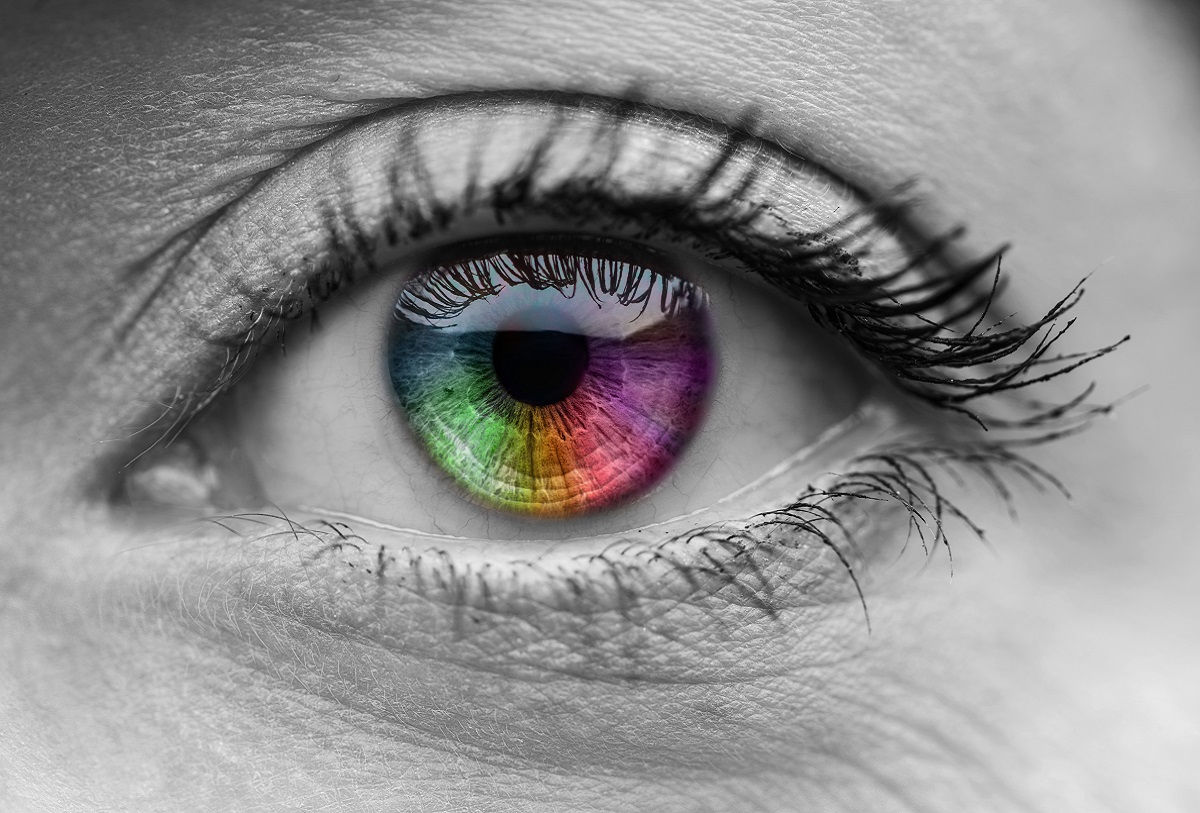I recently mentioned the relationship of spoken language to lived experience, and I contrasted this with the nano-plagiarism of chatbots scanning the web and scooping up tiny bits of language, then piecing them together, seamlessly, in simulacra of human creations.
Actually, I see chatbots as part of a larger trend not just of representing human activities, but of cloning them, reproducing them artificially through reverse engineering. To be frank, I find clones, no matter how tantalizing initially, to be utterly unsatisfying on the longer term. I prefer the exercise of human judgment to random generative AI in a probabilistic universe.

But when insisting on the value for language of lived experience, when asserting that writers and translators have a crucial role to play as witnesses interacting with other people, and exercising judgment, it is possible I am idealizing human potential.
Meaning is sometimes fixed, for example in scientific, technical and legal writing and translation. These are domains where rigour and accuracy are paramount. It makes sense to access terminological databases and translation memories. But what if terminological databases contain flawed entries, based on an automated, algorithmic approach? What if they fail to take account of emerging concepts in law, medicine and engineering? Human intervention is definitely needed. Accurate writing and translation both require human judgment, whereas algorithmic text-generation is only based on the balance of probabilities.
Meaning is sometimes fluid. Words often fall short. There may not be direct equivalents from one language to the next. The relationship of spoken language to lived experience is subject to stress. There are situations in life that simply defy words, such as the birth of an infant, the first words a child reads out loud, the blossoming of love between two people, and the last moments of a parent’s life before dying. In the very act of committing experience to words, in evoking or describing or explaining or imparting, there is always bound to be improvisation. Here we are, trying to assign fixed words to fluid happenings. Meaning changes over time, at different stages of our own lives, and in society around us.

Nonetheless, I believe in the value of being a witness, of intervening, and seeking to visualize, grasp, understand in person. I suppose this goes back to my years as a journalist, when I interviewed 15,000 people for mass media. And there were many different kinds of interviews, each person using language that required me to prepare myself in advance and stretch my understanding while hearing them out: Nobel prize-winners, prime ministers, leaders of the opposition, terrorists, billionaires, hunters and trappers, sea captains, a press lord just about to be convicted of fraud and obstruction of justice, murderers behind bars and facing long sentences, former hostages, the families of desaparecidos (the disappeared of Latin America), inventors, drug traffickers, entrepreneurs, authors, painters, refugees, survivors of abuse. I often recontacted people after publication or broadcast, as a way of checking up on the accuracy of how I had represented them. Of course, I never did this with terrorists, convicted criminals or drug traffickers!

It was particularly when producing and directing The Blinding Sea in the Arctic and Antarctic that I realized polar explorers a century and more ago were of two minds. My starting point was doubtless the heroic self-portrayals they wrote for mass audiences once their expeditions were over. But then, when I started filming I learned how they experienced altered states in the extremes of the polar environment, their perceptions distorted by fear, isolation, the starkness of the desert, intense cold, illness, or their own ignorance. I only realized this because I experienced altered states myself, struggling to shoot footage in -68°C windchill (-90°F) as the camera and my hands froze, trying to hold the camera steady as I sailed across the riotous Southern Ocean, feeling seriously disoriented in the face of challenges great and small. This experience helped me identify with the historical characters in the film.
We can write what we think, and we often think in words. But to live, see, touch, smell and hear is not easily transferable into language. We don’t just interact with other people, in the abstract. Our interactions are emotional experiences, rooted in our understanding of the world. This is why writing and translation are so demanding.
Chatbots and clones are means of expression – simulacra resulting in one-way stand-alone self-referential text generation. This is completely different from our human experience, which is all about communication.


